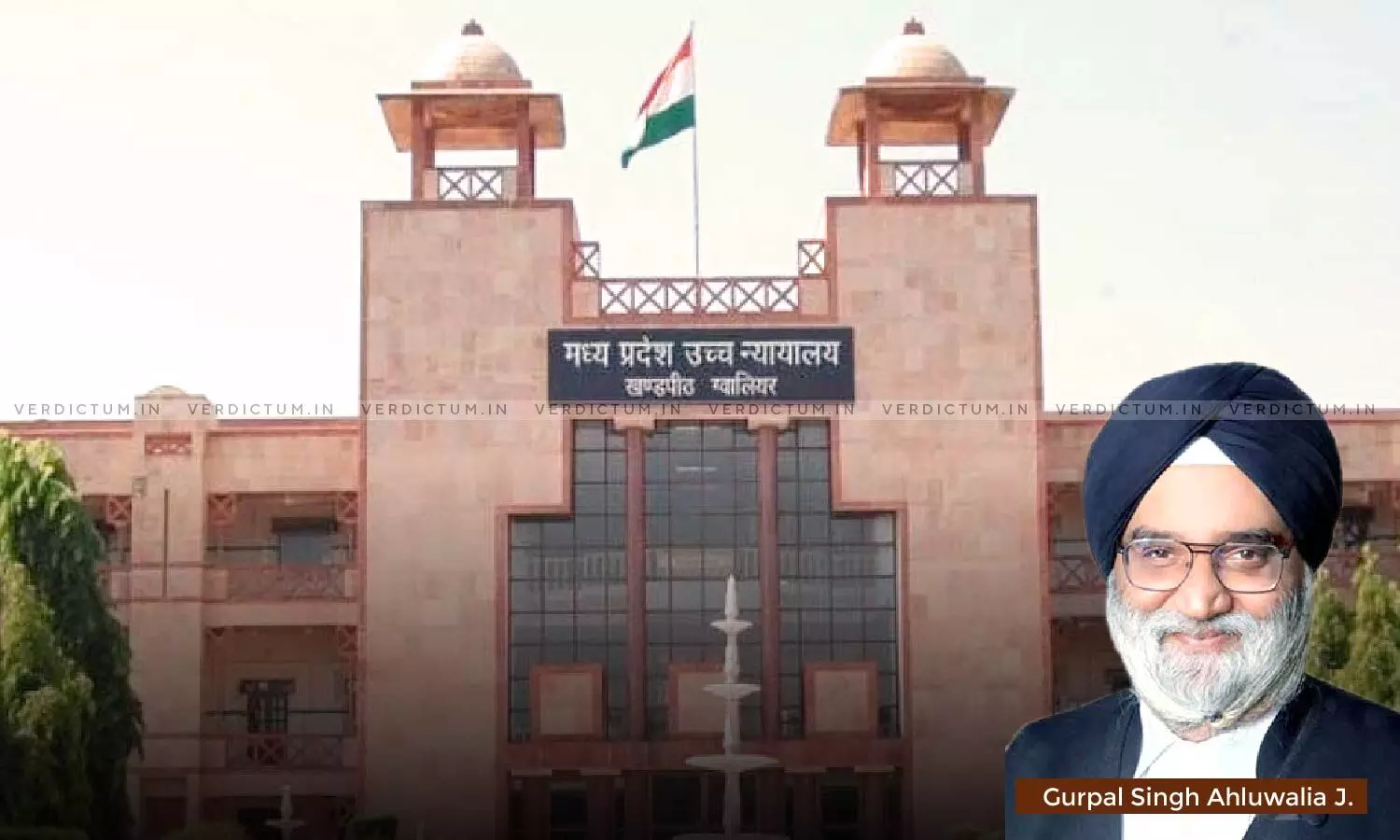
Hindu Marriage Not A Contract, Cannot Be Valid Without ‘Saptapadi’: Madhya Pradesh HC
 |
|The Madhya Pradesh High Court has observed a Hindu marriage is not a contract and unless and until Saptapadi is performed, there cannot be said to be a valid marriage in existence.
In the present matter, the petition was filed to quash an FIR for offences under Sections 366, 498- A, 34 of IPC.
Accordingly, a bench of Justice G.S. Ahluwalia held, “Counsel for petitioners could not point out any provision of law which acknowledges the performance of marriage by exchange of garland (Varmala). In Hindu law, marriage is not a contract and unless and until Saptpadi is performed, there cannot be said to be a valid marriage”.
“Considering the facts and circumstances of the case coupled with the allegations made by respondent No.5 in the FIR that applicant No.1 had forcibly brought her to Jabalpur and took her to the High Court premises and contacted with a Lawyer and compelled her to sign certain papers as well as in the light of averments made in the FIR, it is clear that the same make out a prima facie case of cognizable offence”, bench further held while dismissing the petition and vacated the interim stay.
Advocate Nitin Jain appeared for the petitioner and Deputy Government Advocate Swati Aseem George appeared for the respondent.
The petitioners filed a copy of notarized marriage agreement to establish that they have performed Court marriage in a Court premises. It is also mentioned that marriage was performed by following the ritual of exchange of garland (Varmala) and filling up of Maang with vermilion (Sindoor).
The bench, however, refused to accept the contention that the prosecutrix and the petitioner were validly married, specifically considering her statement made about her abduction.
Additionally, the bench considered her statement before the Court in the Habeas Corpus petition, that she expressed her desire to reside with her parents.
The bench also observed that it is a well-established principle of law that the Court while exercising power under Section 482 of CrPC or under Article 226/227 of the Constitution of India, it should not kill an unborn baby and should not bring the investigation to a halt by restraining the Police from collecting the evidence.
Cause Title: Ajay Kumar Jain v. The State Of Madhya Pradesh